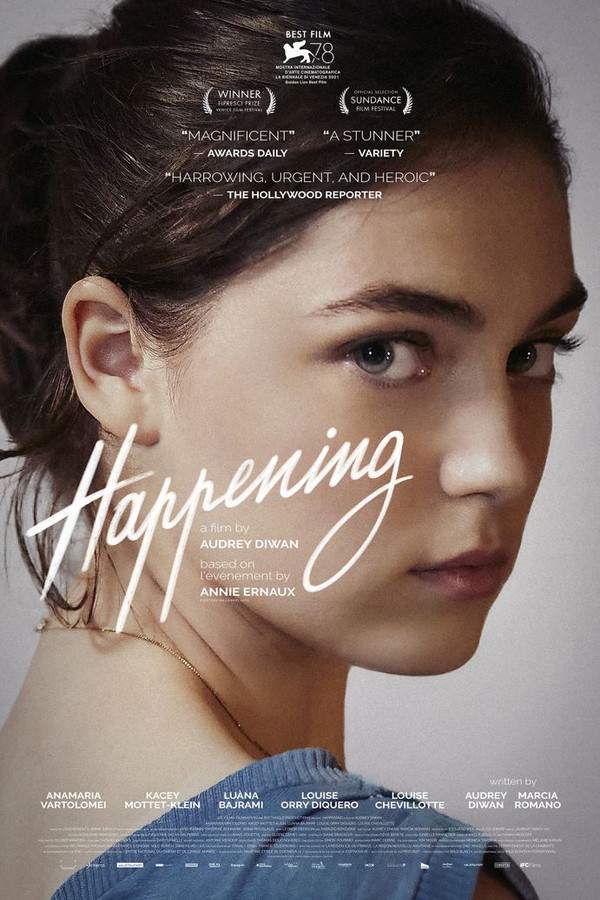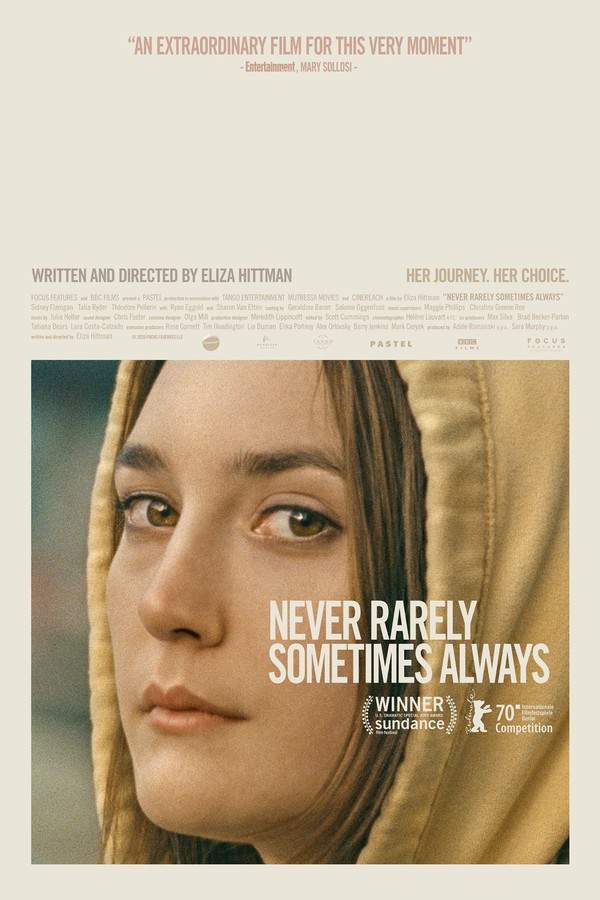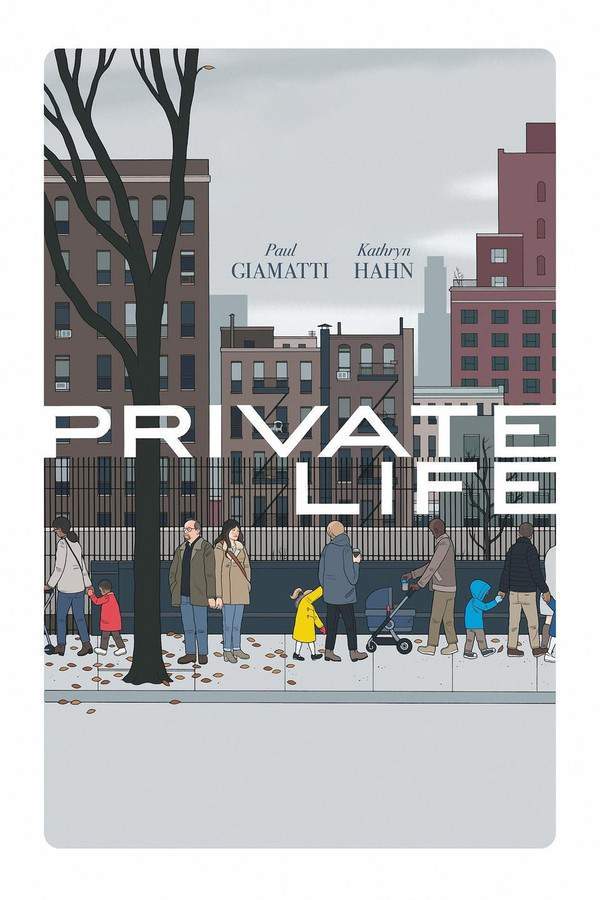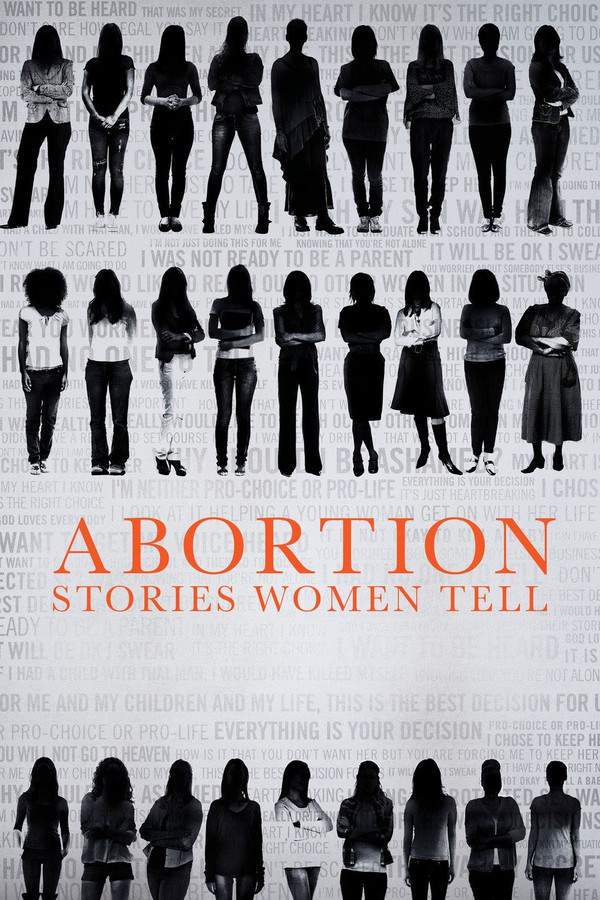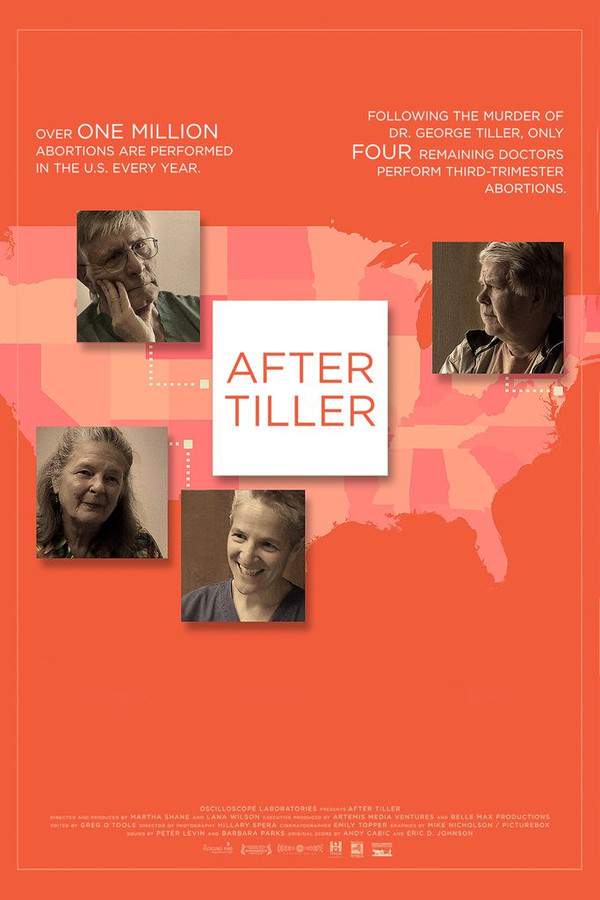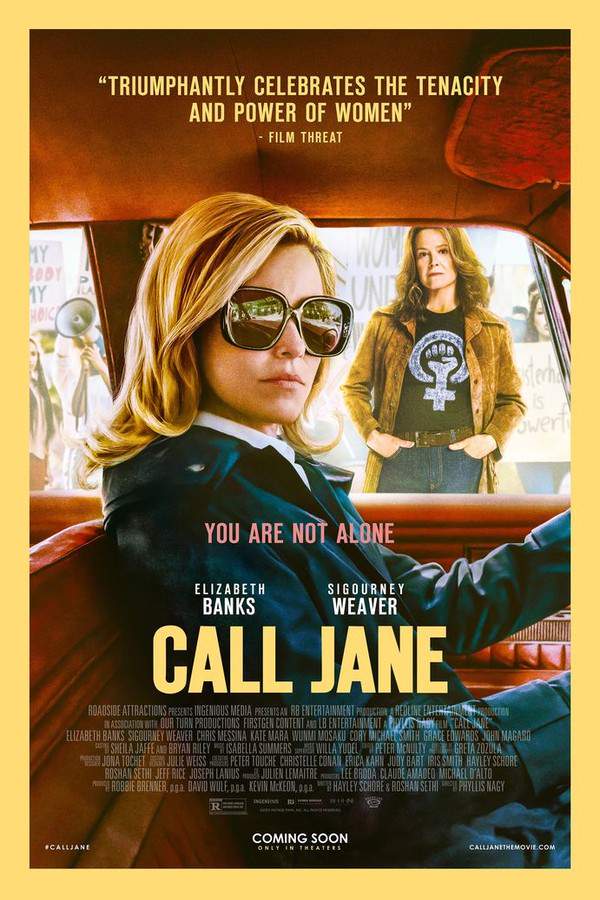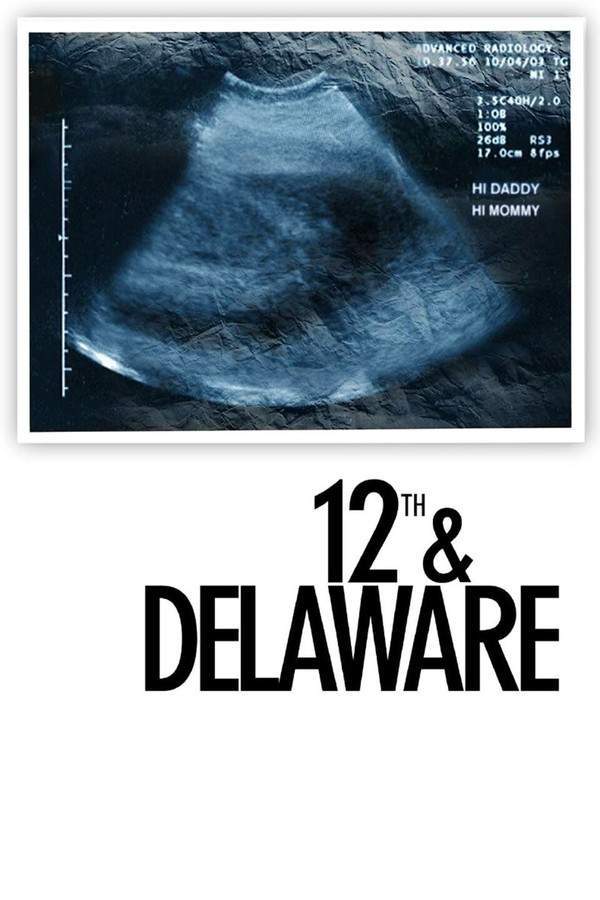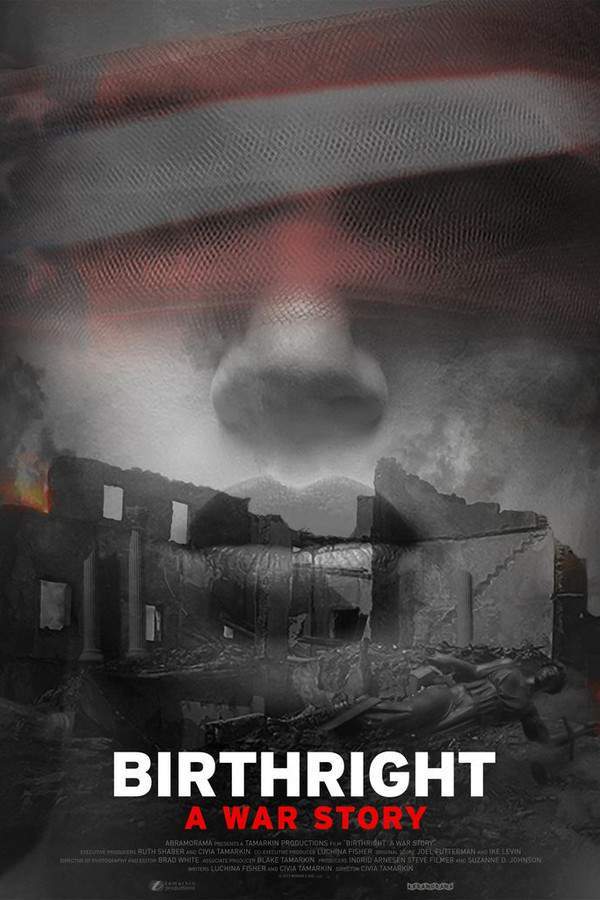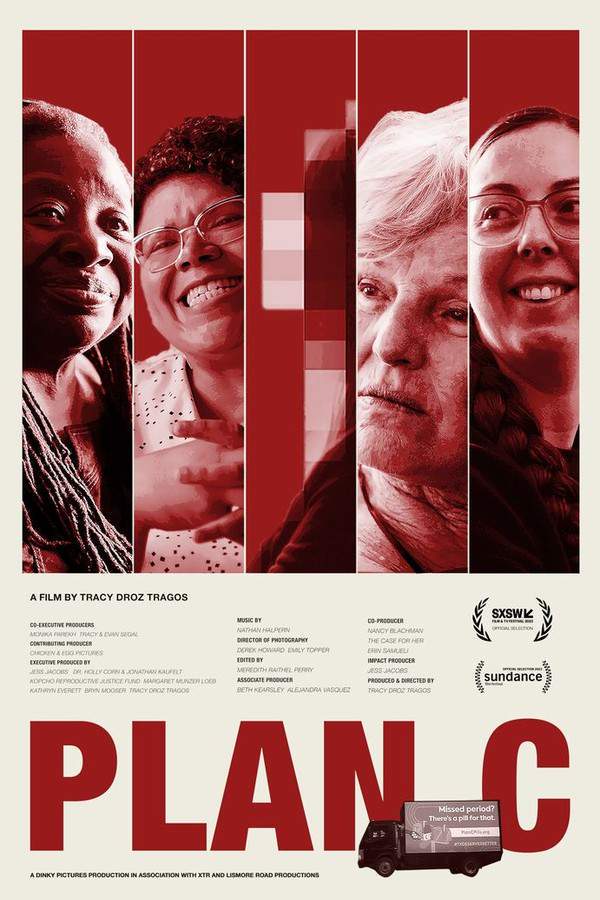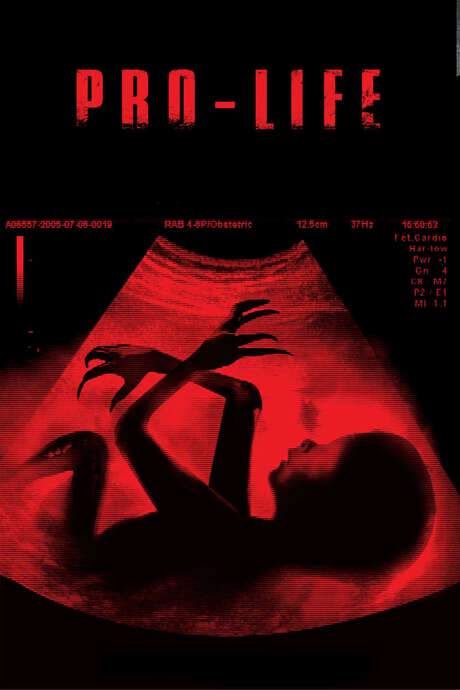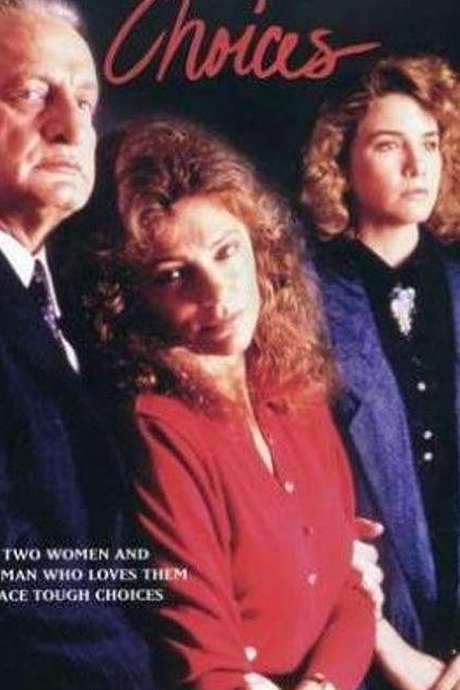Unplanned 2019
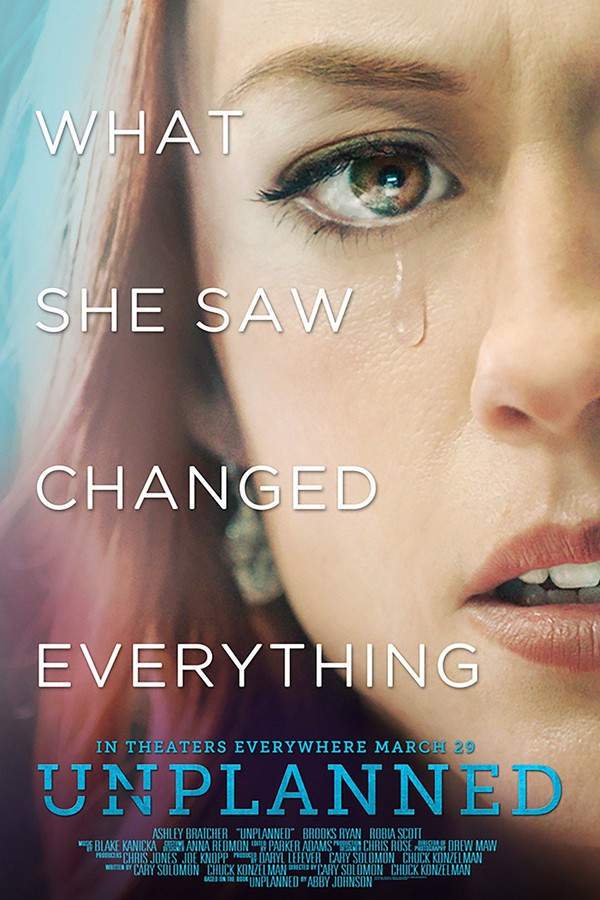
As the youngest Planned Parenthood clinic director, Abby Johnson was a staunch supporter of reproductive choice. Her dedication led her to become a vocal advocate for the organization. However, a profound personal experience challenges her beliefs and leads her to question everything she thought she knew about the abortion debate, ultimately changing her perspective and setting her on a new path.
Does Unplanned have end credit scenes?
No!
Unplanned does not have end credit scenes. You can leave when the credits roll.
Meet the Full Cast and Actors of Unplanned
Explore the complete cast of Unplanned, including both lead and supporting actors. Learn who plays each character, discover their past roles and achievements, and find out what makes this ensemble cast stand out in the world of film and television.
External Links and Streaming Options
Discover where to watch Unplanned online, including streaming platforms, rental options, and official sources. Compare reviews, ratings, and in-depth movie information across sites like IMDb, TMDb, Wikipedia or Rotten Tomatoes.
Ratings and Reviews for Unplanned
See how Unplanned is rated across major platforms like IMDb, Metacritic, and TMDb. Compare audience scores and critic reviews to understand where Unplanned stands among top-rated movies in its genre.

The Movie Echo Score
Overall, Unplanned struggles to balance its persuasive agenda with cinematic coherence, resulting in an uneven viewing experience. Critics and audiences alike note that the film’s narrative is driven more by ideological messaging than by compelling characterization or imaginative storytelling. Production values are serviceable but unremarkable, and the emotional stakes feel contrived. As a result, Unplanned leaves limited room for broader appeal or lasting engagement, with its propagandistic thrust outweighing its modest cinematic strengths.
The Movie Echo Score Breakdown for Unplanned

Art & Craft
In terms of art and craft, Unplanned displays competent production design and clear editing but rarely goes beyond functional execution. The cinematography maintains straightforward coverage without notable visual flair, and the color palette feels subdued. While technical aspects meet basic industry standards, they lack distinctive style or innovation. The overall aesthetic remains serviceable but unremarkable.

Character & Emotion
When it comes to character and emotion, the film offers minimal depth, portraying its protagonists primarily as vessels for ideological arguments. Dialogue often serves the film’s agenda more than personal motivation, leading to performances that feel scripted rather than organically developed. Emotional resonance is limited by one-dimensional portrayals. Consequently, characters seldom evoke genuine empathy or complexity.

Story & Flow
In terms of story and flow, Unplanned prioritizes persuasive rhetoric over narrative coherence, resulting in a plot that feels episodic and agenda-driven. Pacing alternates between laborious exposition and hasty transitions, while original storytelling elements are scarce. Engagement suffers as viewers encounter repeated talking points instead of dramatic build–up. The film’s flow is undermined by its heavy-handed structure.

Sensory Experience
When considering the sensory experience, the soundtrack offers unobtrusive scoring that supports the film’s mood but avoids memorable themes. Sound design is clear though occasionally flat, with dialogue levels prioritized over ambient detail. The visual style remains consistent yet conventional, lacking bold visual motifs or dynamic composition. Overall, sensory elements function adequately but rarely engage the viewer on a deeper level.

Rewatch Factor
Regarding rewatch value, Unplanned’s appeal relies heavily on its ideological alignment rather than narrative or aesthetic richness. With limited character complexity and repetitive message-driven scenes, the film offers little incentive for repeated viewings. Occasional moments of earnest conviction may resonate with a niche audience, but broader rewatch appeal is constrained by its overt propaganda focus and scarce dramatic nuance.

10
Metascore
6.3
User Score


42%
TOMATOMETER

94%
User Score

5.5 /10
IMDb Rating

69
%
User Score

2.0
From 8 fan ratings

4.58/5
From 59 fan ratings
Take the Ultimate Unplanned Movie Quiz
Challenge your knowledge of Unplanned with this fun and interactive movie quiz. Test yourself on key plot points, iconic characters, hidden details, and memorable moments to see how well you really know the film.
Unplanned Quiz: Test your knowledge on the powerful story of Abby Johnson and her journey in 'Unplanned'.
What is the main inspiration for the film 'Unplanned'?
Abby Johnson's memoir
A novel by J.K. Rowling
A documentary on abortion
An article in a magazine
Show hint
Full Plot Summary and Ending Explained for Unplanned
Read the complete plot summary of Unplanned, including all major events, twists, and the full ending explained in detail. Explore key characters, themes, hidden meanings, and everything you need to understand the story from beginning to end.
As the film unfolds, it draws inspiration from Unplanned, the memoir of Abby Johnson, taking the audience on an emotional journey through her life. The narrative begins with warm scenes of domesticity featuring Abby, portrayed by Ashley Bratcher, alongside her supportive husband Brooks Ryan and their young daughter, Grace. Through poignant voice-over narration, Abby shares the experiences that eventually led her to work at Planned Parenthood, elaborating on her family life and the decisive moment when she was persuaded to join the organization.
Jumping to 2009, Abby is on the verge of a life-changing experience, facing an ultrasound-guided suction aspiration abortion at thirteen weeks gestation. The tension mounts as she observes the procedure, her emotional turmoil evident as tears stream down her face. This heart-wrenching moment serves as the catalyst for her story, which then blends into memories of her junior year at Texas A&M.
The narrative employs a flashback technique to revisit two significant events in Abby’s life: her first and second abortions. The first occurs during her college years, while the second, occurring after her marriage and subsequent divorce, leaves Abby grappling with both physical and emotional pain. After spending $400 for mifepristone at the clinic, she is casually informed about “a little bleeding,” but the reality of her experience turns out to be a nightmarish twelve-hour ordeal filled with intense cramps and blood clots that lasted for eight weeks, instilling a fear for her life.
As time progresses, we find Abby still entrenched in her job at the clinic, demonstrating a fierce commitment to her work despite widespread criticism. The story then shifts to her second marriage with Doug, who professes his love for her while holding the same moral and religious opposition to her work at Planned Parenthood as her family does. Together, they navigate a new life, where Abby attends church with Doug and finds herself in a community that passionately denounces abortion, all the while continuing her contentious role at the very institution they condemn.
With Abby’s life steadily evolving, she becomes more intertwined with Doug, and ultimately gives birth to their daughter, Grace. This newfound stability contrasts sharply with the grim reality surrounding her work, as the film starkly depicts a botched abortion at the clinic. As Abby rises to the position of director with Cheryl’s departure to Houston, she faces the daunting responsibility of scheduling numerous abortions in the wake of an impending Hurricane Ike, which threatens to complicate procedures afterward.
Her moment of recognition as Employee of the Year quickly fades, particularly after Cheryl candidly states, >“Non-profit is a tax status, not a business model!” This unsettling revelation exposes the organization’s underlying motives, echoing Abby’s increasing discomfort with the ethics of her work. After facing reprimands for voicing her concerns, the film cleverly backtracks to the critical moments leading up to her participation in an abortion procedure.
Feeling profoundly shaken, Abby seeks refuge with the 40 Days for Life campaign, where she finds compassion and guidance from figures like Jared Lotz and Marilisa. In a deeply moving scene, Abby tearfully admits that she can no longer work for Planned Parenthood, prompting support from Marilisa and Shawn as they help her seek new employment opportunities. With a heavy heart, she formally resigns from Planned Parenthood, realigning herself with the values of the 40 Days for Life campaign, now passionately encouraging women to reconsider their decisions from the opposite side of the clinic fence.
The narrative progresses to a significant legal battle, where Planned Parenthood accuses Abby of leaking confidential information. Thankfully, Shawn’s lawyer friend, Jeff, steps in, leading to her exoneration in court.
Years later, in 2013, the clinic where Abby once worked closes its doors for good. Reflecting on her turbulent past, she organizes a bittersweet celebration at the now-abandoned location, expressing her sorrow for the lives she impacted through both performing and undergoing abortions. The film concludes with a poignant note, revealing that Abby has joined “And Then There Were None,” a ministry dedicated to helping abortion clinic workers find paths toward hope and redemption from their tumultuous pasts.
Uncover the Details: Timeline, Characters, Themes, and Beyond!

Coming soon on iOS and Android
The Plot Explained Mobile App
From blockbusters to hidden gems — dive into movie stories anytime, anywhere. Save your favorites, discover plots faster, and never miss a twist again.
Sign up to be the first to know when we launch. Your email stays private — always.
Watch Trailers, Clips & Behind-the-Scenes for Unplanned
Watch official trailers, exclusive clips, cast interviews, and behind-the-scenes footage from Unplanned. Dive deeper into the making of the film, its standout moments, and key production insights.
Unplanned Themes and Keywords
Discover the central themes, ideas, and keywords that define the movie’s story, tone, and message. Analyze the film’s deeper meanings, genre influences, and recurring concepts.
Unplanned Other Names and Titles
Explore the various alternative titles, translations, and other names used for Unplanned across different regions and languages. Understand how the film is marketed and recognized worldwide.
Similar Movies To Unplanned You Should Know About
Browse a curated list of movies similar in genre, tone, characters, or story structure. Discover new titles like the one you're watching, perfect for fans of related plots, vibes, or cinematic styles.
Quick Links: Summary, Cast, Ratings, More

What's After the Movie?
Not sure whether to stay after the credits? Find out!
Explore Our Movie Platform
New Movie Releases (2026)
Famous Movie Actors
Top Film Production Studios
Movie Plot Summaries & Endings
Major Movie Awards & Winners
Best Concert Films & Music Documentaries
Movie Collections and Curated Lists
© 2026 What's After the Movie. All rights reserved.















